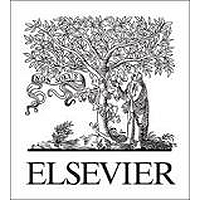The stronger coordination ability of mercury ions with organic ligands than the metal ions in metal organic framework (MOFs) provides an accessible way to separate mercury ions from solution using specific MOFs. In this study, a Co-based MOF (ZIF-67, Co(mIM)2) was synthesized. It did not introduce specific functional groups, such as -SH and -NH2, into its structure through complicated steps. It separate Hg2+ from wastewater with a new strategy, which utilized the stronger coordination ability of Hg2+ with the nitrogen atom on the imidazole ring of the organic ligand than the Co2+ ions. Hg2+ replaced Co2+ nodes from ZIF-67 and formed a more stable precipitate with mIM. The experimental results showed that this new strategy was efficient. ZIF-67 exhibited Hg2+ adsorption capacity of 1740 mg/g, much higher than the known MOFs sorbents. mIMs is the reaction center and ZIF-67 can improve its utilization. The sample color faded from purple to white due to the loss of cobalt ion. It is a great feature of ZIF-67 that allows users to judge whether the sorbent is deactivated intuitively. ZIF-67 can be sustainable recycled by adding organic ligands to the solution after treatment due to its simple synthesis method at room temperature. It's a high-efficient and sustainable sorbent for Hg2+ separation from wastewater.

Highly efficient Hg2+ removal via a competitive strategy using a Co-based metal organic framework ZIF-67
Review badges
0 pre-pub reviews
0 post-pub reviews